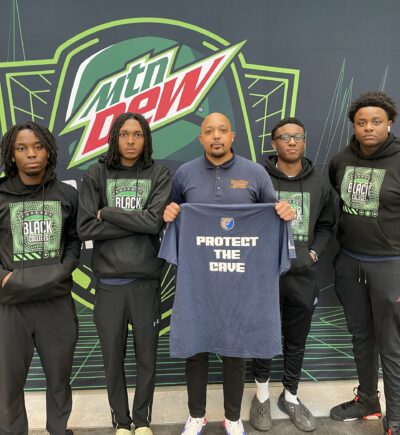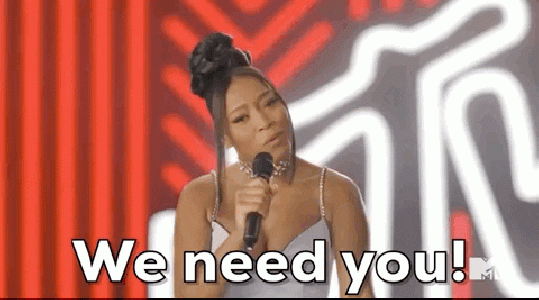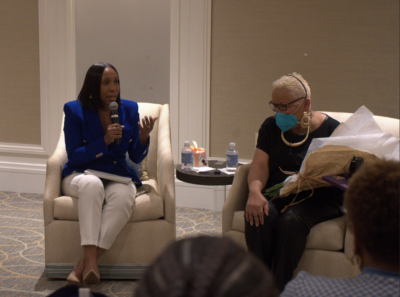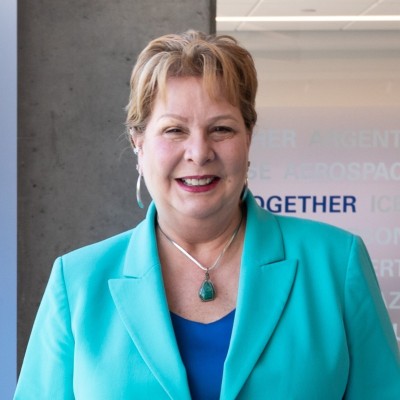Thomas Dolby began working in virtual reality in the early 1990s.
In 1993, Dolby designed “The Virtual String Quartet,” an exhibit at the Guggenheim Museum. Users put on a head-mounted display, and found themselves in the midst of a string quartet playing Mozart. The user could get closer to an instrument, which caused the sound to become more prominent. With a joystick, the user could tickle the musicians, spurring them to switch styles. It drew lines around the block, and the sound got good reviews. Yet it took a couple of decades for advances in processing power and headset technology to make virtual reality available at a personal level, and create a smoother experience in real-time.
Now, Dolby sees the world’s tech giants pursuing advancements in AR and VR that could point toward wider adoption. And, the Baltimore resident added, “They recognize that sound and music are a crucial part of it.”
He sees potential in the soon-to-be-released Oculus Quest, a CES head-turner this year which offers wireless controllers that are connected to the headset. There’s also work on creating spaces for social interaction within virtual reality from High Fidelity, a company founded by Second Life creator Philip Rosedale where Dolby recently joined the advisory board.
In another look toward the future, Dolby is also training a new generation of composers working across sound and technology as a professor at Johns Hopkins University in Baltimore. The Peabody Institute’s four-year Music for New Media program enrolled its first class in the fall of 2018. Starting with skills with roots in the legacy of scoring films, the coursework then transitions into composing for non-linear environments where decisions change and environments shift in real-time.
“You don’t know quite how each layer is going to shape the dynamics of the experience, and you need to provide music that comprehends all possibilities,” he said.
And the musician behind “She Blinded Me With Science” who created key sound technology in Silicon Valley is continuing to experiment. While helping explore new ways to bring sound and VR together, he also sees the work as part of his qualifications as a professor. “In order to teach those skills, I have to learn as I go along, as well,” he said.
In the fall, he brought his own live performance with a pair of concerts in virtual reality. On Halloween, he performed a live score for “Escape from Zombie Island” before a virtual audience. While he was in a studio, the virtual environment was an island, with zombies and “scared mortals” roaming throughout. In this domain, Dolby and his instruments were on a platform looking down at the scene from above.
The next month, he headlined a festival in virtual reality that High Fidelity created called FUTVRE LANDS. In both cases, Dolby performed from a studio, but he and the 250 members of audience were represented as avatars. It’s a new way of approaching a concert that may not take the place of a live experience, but offers a new way to see a performance – and one where his avatar can teleport to other parts of the venue or perform a duet with Jason Mraz. And, he added, it was a lot of fun.
Thomas Dolby at FutVReLands festival Nov 17th 2018: https://t.co/W3NJOCUD9e via @YouTube
— Thomas Dolby (@ThomasDolby) November 26, 2018
The class gives students tools to experiment, as well. Dolby hopes to give his students an understanding that they can have a stake in the development of the technology itself. Throughout his career, he’s helped to shape the sound of technology by seeking out the people creating the new works.
Initially joining Johns Hopkins’ faculty in 2014, Dolby said he loves being in Baltimore, and has linked with the arts and tech communities.
“Most people that I come across in every day life are doing something to make the place better for everyone, and that’s encouraging,” he said.
Join the conversation!
Find news, events, jobs and people who share your interests on Technical.ly's open community Slack

This Black gaming advocate has a mission to transform education through esports

This Week in Jobs: Get out there with 22 new job opportunities available to you!

This national network empowers Black nonprofit leaders through community, capital and capacity


